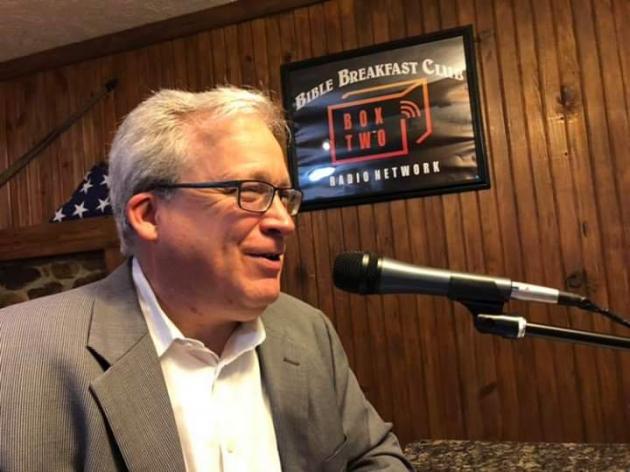Jim Waters: School choice court defeat a bump in the road
Franklin Circuit Court Judge Phillip Shepherd’s ruling that the school choice bill passed earlier this year is unconstitutional is hardly a “crippling blow” – as the Courier-Journal describes it – to the commonwealth’s school choice efforts.
Considering the success school choice has had nationwide in courtrooms – especially higher courts – in recent years, the ruling likely just delays Kentucky students’ access to the kinds of better educational experiences already enjoyed in many other states.
House Bill 563 allows individuals and businesses who contribute to Account Granting Organizations (AGOs) to apply 95 percent of that donation as a credit against their state tax liability.
AGOs use the donations to create education opportunity accounts that offer low- and some middle-income parents funds for private school tuition or needed educational services that the families couldn’t otherwise afford.
According to EdChoice, there are now 76 educational choice laws on the books in 32 states, 23 of which create a scholarship tax credit program like the policy Kentucky lawmakers passed. Some have already passed legal muster in the U.S. Supreme Court.
Thus, the judge gave what’s very likely only a temporary legal win to opponents of school choice when he wrongly concluded: “The taxpayers who will fund this program will pay the money they already owe to the Commonwealth in income taxes to private AGOs, in lieu of paying their tax liability. In establishing this program, the legislature has essentially taken an account receivable to the Commonwealth of Kentucky, assigned it to these private AGOs, and forgiven the taxpayer’s liability to the state.”
Were that true, it would mean tax policy allowing any credits or deductions in taxable income – such as donations to churches or other charitable groups – denies the government its rightful dollars.
In that case, we’d certainly have much bigger fish to fry when it comes to tax credits, considering the school choice credit is small – capped at $25 million annually – compared to, say, the $75 million state film tax credit revived by lawmakers this year.
The glass-half-full focus here is: While opponents of educational liberty run to the courts each time a legislature passes a bill giving lower-income parents opportunities and their at-risk children hope, their rates of failure in appeals are wonderfully spectacular.
Not only do the enemies of choice fail to stop these programs, but the number of students taking advantage of these educational opportunities continues to grow.
Look for the same pattern to occur in the Bluegrass State.
“Today’s judicial ruling is one lower judge’s opinion, who has been wrong on many occasions before,” said state Sen. Ralph Alvarado, R-Winchester.
He’s very likely to be so again, which is good news for Kentucky kids stuck in failing or mediocre schools – or classrooms that just don’t fit their needs – and parents who see and know their children are struggling but don't have paychecks big enough to pay for alternatives.
The Lexington Herald-Leader called the program “controversial.”
Maybe. But why?
Since when is it “controversial” to give parents better educational opportunities and brighter futures for their kids?
The glass-half-empty view reminds us that only Kentuckians who have the wealth to write a tuition check or move to a district with schools that work better for their children will continue to be the lone reapers of educational opportunities.
Now, a little more about the glass filling up: School choice has the momentum nationwide as higher courts – including the U.S. Supreme Court – have recognized and ruled that programs like the one Kentucky’s law would create are constitutional and cannot be stymied by those who would slam the door of opportunity shut and throw away the key to too many students’ futures just to defend the status quo.
To allow that to happen would, indeed, be a crippling blow to many young lives.
Jim Waters is president and CEO of the Bluegrass Institute for Public Policy Solutions, Kentucky’s free market think tank. Read previous columns at www.bipps.org. He can be reached at [email protected] and @bipps on Twitter.



























